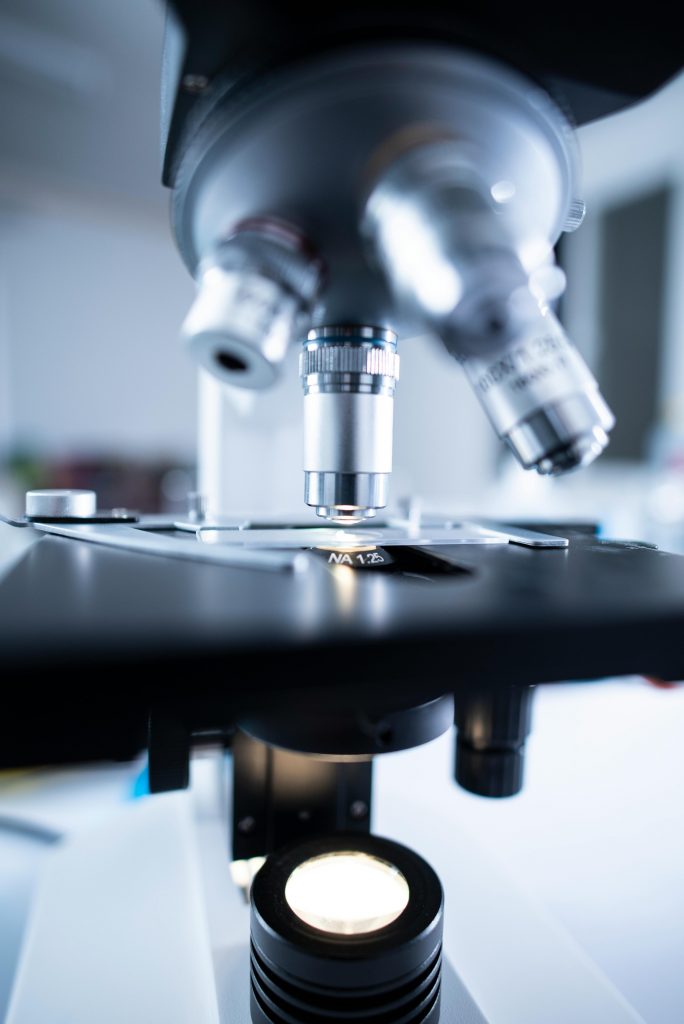A recent study published in the World Journal of Men’s Health has revealed a surprising 24% increase in average penis size over the past three decades, leaving scientists concerned about the potential health implications. The research, conducted by Stanford University and involving 55,000 men, found that the average penis size has grown from 12.19 cm in 1992 to 15.34 cm in 2021. While this might seem like good news, experts warn that the increase could be linked to concerning factors, including sedentary lifestyles and exposure to hormone-disrupting chemicals.
Dr. Michael Eisenberg, who led the study, suggested that chemicals in the environment and diet, such as pesticides and hygiene products, may be interacting with hormonal systems and contributing to this growth. These endocrine-disrupting chemicals are also thought to be responsible for early puberty in boys and girls, which can affect genital development. However, Eisenberg emphasized the need for further research to fully understand the underlying causes and potential health risks.

In addition to the increase in size, scientists are also worried about a decline in sperm quality, with reports indicating a 60% drop in sperm count over the same period. This decline has been linked to an increase in genital defects, tumors, and lower serum testosterone levels, raising concerns about the long-term reproductive health of men.
While the study’s findings are intriguing, they highlight the need for more in-depth research into the factors contributing to these changes and the potential impact on men’s health. As scientists continue to investigate, the results serve as a reminder of the complex ways in which our environment and lifestyles can influence our bodies.




